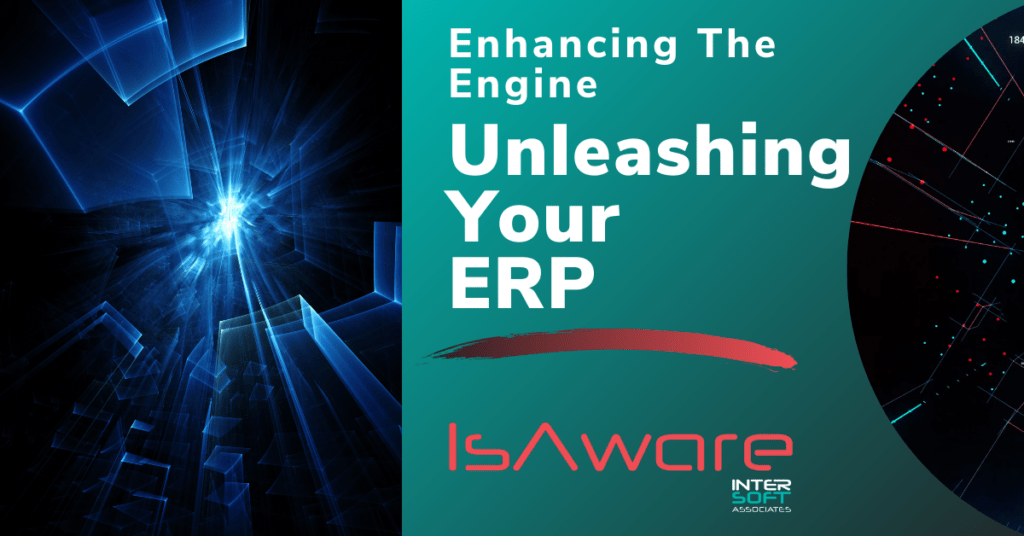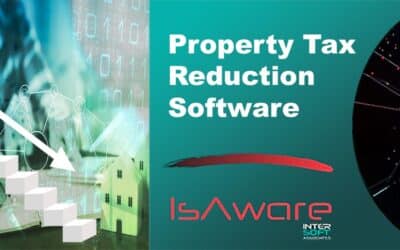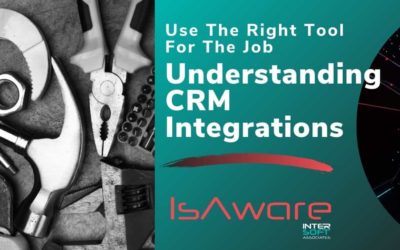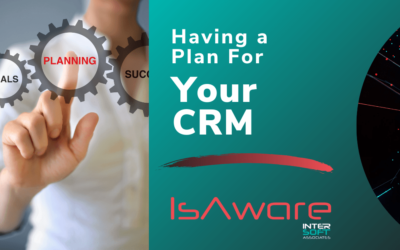ERP Integrations help make your ERP (Enterprise Resource Planning) platform a connected, collaborative, accessible epicenter of data in your entire organization. When well integrated and connected with other software and systems your company uses, your ERP can be the hub that helps to manage the entire information systems flow inside your company.
Understanding the ERP
There are a variety of ERPs to suit the needs and characteristics of an organization. The role of the ERP is to help manage the core business of an organization. A small business might use an ERP to have oversight on the relationships between orders coming through a website, for instance, shipping out from a warehouse and keeping track of inventory. On the other extreme might be a bank, where the ERP might include functions that conduct foreign exchange management between two counterparties in addition to managing customers deposits, loans, trading operations etc. Popular ERP systems include SAP, Netsuite, Oracle or Microsoft Dynamics.
For smaller companies the concept of an ERP might sound intimidating, large or unnecessary. But the ERP is really just software that’s going to help you and others in your business do their jobs better, move your company throughout your day and ultimately help you do more with data to help you grow.
ERP Integrations
Your business is probably also using supplemental and complementary platforms that are essential to day-to-day operations. Salesforce or Hubspot, for example, are CRMs helping to manage marketing and sales functions throughout the customer journey. QuickBooks or other financial management systems help with accounting aspects. The list goes on into HR systems, productivity applications and more.
To connect these different platforms in meaningful ways requires you to have an understanding of your business, what you are trying to achieve with an ERP and other software you use, and what problems you are trying to overcome or goals that you are trying to achieve. A mom-and-pop shop on the corner won’t need the robust enterprise capabilities of something like SAP, but they might be trying to do more with QuickBooks to, in a manner of speaking, achieve the functions of an ERP – to help the company run more effectively.
Connecting differing systems and platforms together, often through their available APIs, makes it possible to move data through different points in your business. In essence your ERP gets more powerful as it “gets larger”, realizing more potential with existing data you already have in your company, from customer email addresses to service or maintenance logs to manufacturing or distribution.
Simplifying the ERP
All these acronyms and tech-centric discussion about the Enterprise Resource Planning platform can get confusing and intimidating. Again, don’t think of your ERP (or similar software) as technology to be managed – think of it as just a means to productivity or insight. To that end, when you are trying to understand how to get more from your ERP, we suggest you don’t start from a technical perspective. Ask natural questions:
- What are you struggling with in your organization?
- Where are there bottlenecks or inefficiencies?
- What processes are frustrating your employees, managers, or customers?
- Where is there wasted time or duplicate effort?
These are all indications that your ERP and other systems that you use in your company could be working smarter together. Your next step is easy – call us. Or experts like us. Custom software developers that are familiar with different ERPs and their capabilities can merge that experience with vast expertise to get more out of the other platforms and technologies available to you. Through discovery and discussion we can help you visualize an ideal situation. It’s at that point that experts can start getting into the nitty gritty of the technology.
Getting More From Your ERP
Many companies are struggling with inefficiencies that they don’t need to be dealing with, or feeling stuck with “stock” features from their ERP that aren’t particularly useful to custom use cases. Think of your ERP as just a starting point – it has many powerful features, they might just need to be fine tuned and honed to the needs of your business and the other systems at work for you. ERP Integrations are one way the right experts can help you do more with your data.






